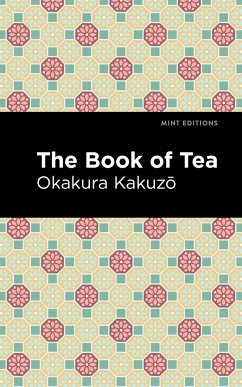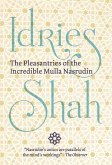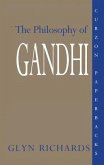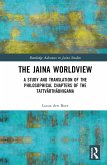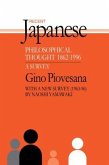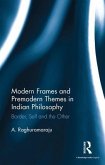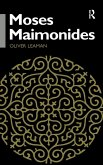Recognizing the importance of chad¿, or teaism, in his native Japan, Okakura Kakuz¿ discusses the practice of brewing and drinking tea for a Western audience. Tying his subject to Zen, Taoism, visual art, and architecture, the author makes a compelling case for tea's centrality to Japanese culture. The Book of Tea is a book-length essay by Okakura Kakuz¿.
Hinweis: Dieser Artikel kann nur an eine deutsche Lieferadresse ausgeliefert werden.
Hinweis: Dieser Artikel kann nur an eine deutsche Lieferadresse ausgeliefert werden.

